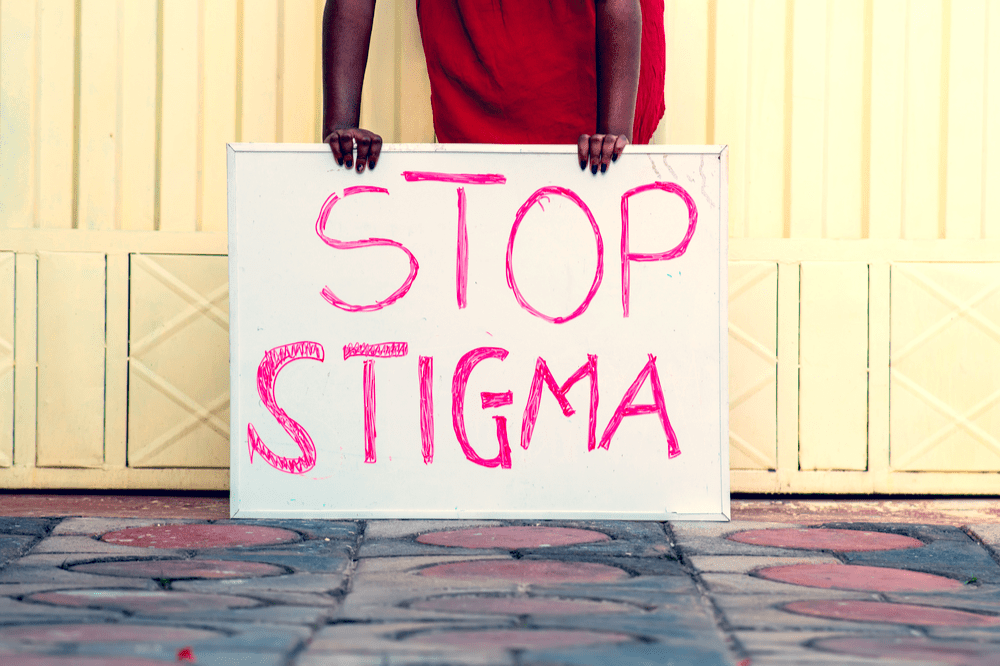Addiction Treatment and the Great Outdoors
Addiction Treatment and The Great Outdoors: Finding Healing in Nature Most of us know from experience that getting into the great outdoors can lift our mood and help us feel better physically and mentally. Research proves that our instincts are right and that getting outside is good for us. For people with addiction issues, both […]
Addiction Treatment and the Great Outdoors Read More »










